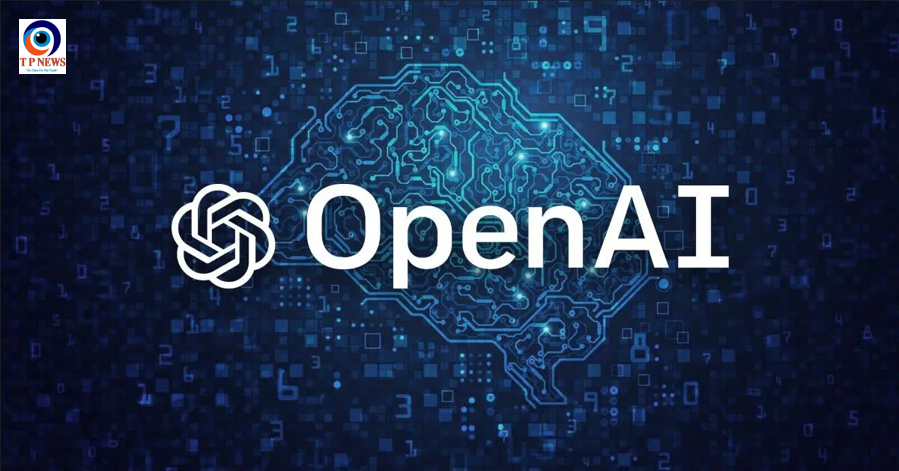In a groundbreaking move, OpenAI has unveiled ChatGPT 4.0 Canvas—a new feature designed to elevate how we interact with AI beyond simple chat interactions. Canvas transforms ChatGPT from a mere chatbot into a comprehensive workspace, tailored for writers, developers, and project managers alike. Whether you’re drafting a novel, writing code, or managing complex projects, Canvas brings everything you need into a single, organized space, streamlining the entire workflow.
What Is ChatGPT 4.0 Canvas?
At its core, Canvas is an integrated workspace built into ChatGPT 4.0, combining AI-powered assistance with the tools you need to write, edit, and code efficiently. Instead of juggling multiple apps or tabs, Canvas allows users to focus solely on their tasks without the constant back-and-forth of switching between different programs. It’s akin to having a virtual assistant by your side, taking notes, making edits, and helping with revisions—whether you’re drafting a report, refining code, or simply organizing your thoughts.
Key Features of ChatGPT 4.0 Canvas
- All-in-One Writing and Editing Space: Writers can draft, format, and edit documents in a single, seamless environment. From adding headers and bullet points to polishing the text with AI’s input, Canvas ensures that your work remains polished and professional.
- Effortless Coding: Developers will appreciate the ease of writing, testing, and refining code within Canvas. With ChatGPT’s intelligent assistance, coders can troubleshoot and optimize their work without switching between coding platforms, making the process more streamlined and efficient.
- Version Comparison: Canvas allows you to compare different versions of your document or code side by side, helping you track changes, review edits, and select the best versions. This feature is ideal for collaboration, ensuring smooth teamwork and communication.
How Canvas Transforms Your Workflow
- For Writers: Imagine brainstorming, drafting, and editing an article—all without leaving the Canvas workspace. With real-time AI feedback, writers can polish their drafts, explore new ideas, and format their documents effortlessly. Canvas eliminates the hassle of switching between apps, keeping everything in one place for faster, more convenient content creation.
- For Developers: With Canvas, developers can draft code, receive instant feedback, and refine it, all within a dedicated space designed to improve focus and efficiency. The built-in assistance from ChatGPT ensures that coding errors are minimized, and testing is easier than ever, saving developers valuable time and effort.
A Game-Changer for AI-Powered Productivity
Canvas is more than just a feature—it’s a new way to interact with AI that redefines how we approach work. By offering an organized, integrated space for writing, coding, and project management, ChatGPT 4.0 Canvas helps users stay focused, productive, and creative. Whether you’re collaborating with a team or working solo, Canvas streamlines the process, making it easier to achieve more in less time.
With this innovative tool, OpenAI has once again demonstrated its commitment to pushing the boundaries of AI technology, providing users with a workspace that’s intuitive, powerful, and game-changing. The future of AI-driven productivity is here, and Canvas is at the forefront of this transformation.












